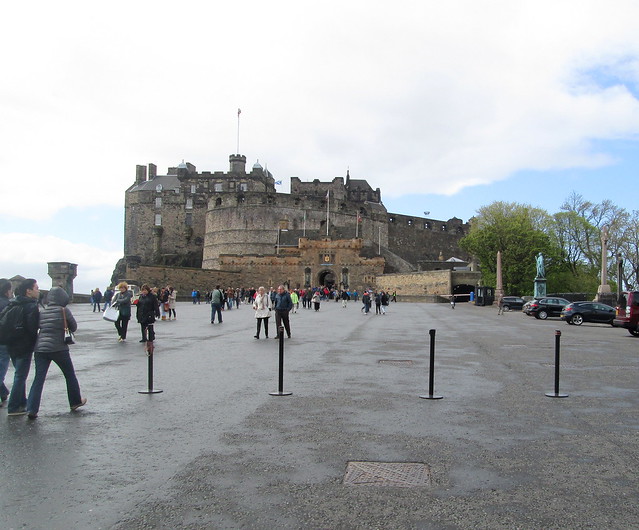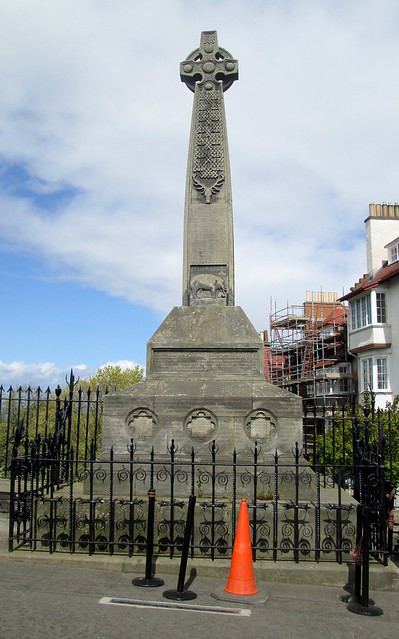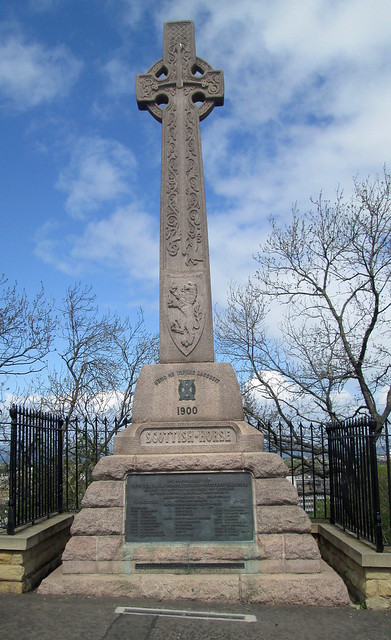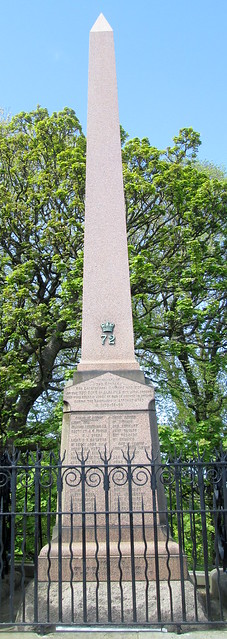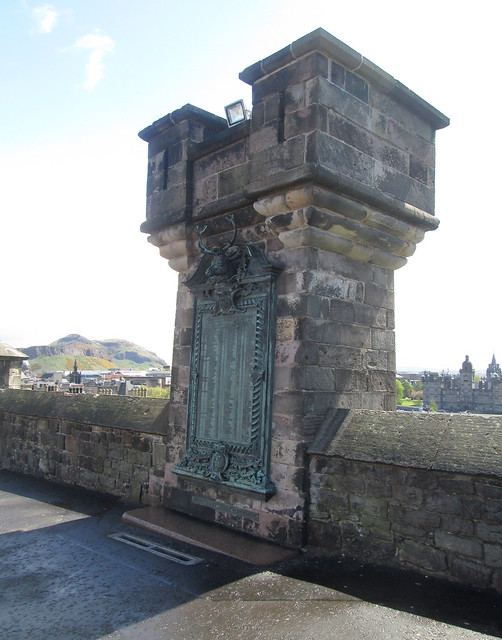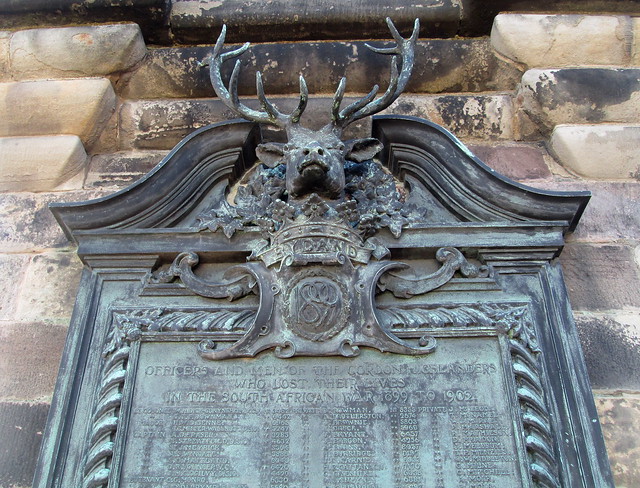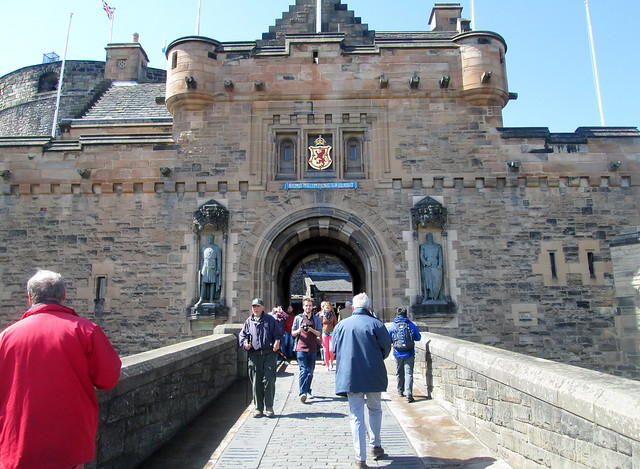Live It Up 80: We Didn’t Start the Fire
Posted in Events dear boy. Events, Music, 1980s, Live It Up at 12:00 on 16 July 2021
I mentioned this song when I posted the same singer’s Leningrad in this category last year.
The lyrics are a reminder that the Chinese curse “may you live in interesting times” might have resonance for many people who lived in the second half of the twentieth century. And indeed, now.
They are also redolent of Harold Macmillan’s second most important warning. When asked what would he say was most likely to knock governments off-course he reputedly said, “Events, dear boy. Events,” a phrase I use for my posts on happenings (usually, it has to be said, deaths) in the wider world. It seems though that documentary evidence of Macmillan using these words is elusive.
That other warning of his? “Never invade Afghanistan.”
Joel has apparently said he doesn’t particularly like the song as the melody is, “terrible. Like a dentist’s drill.”
He’s doing himself an injustice. OK the melody’s nothing to write home about, but it matches the lyrics. And the lyrics are beautifully constructed.
Billy Joel: We Didn’t Start the Fire
